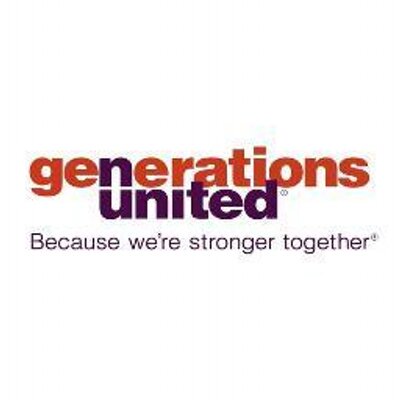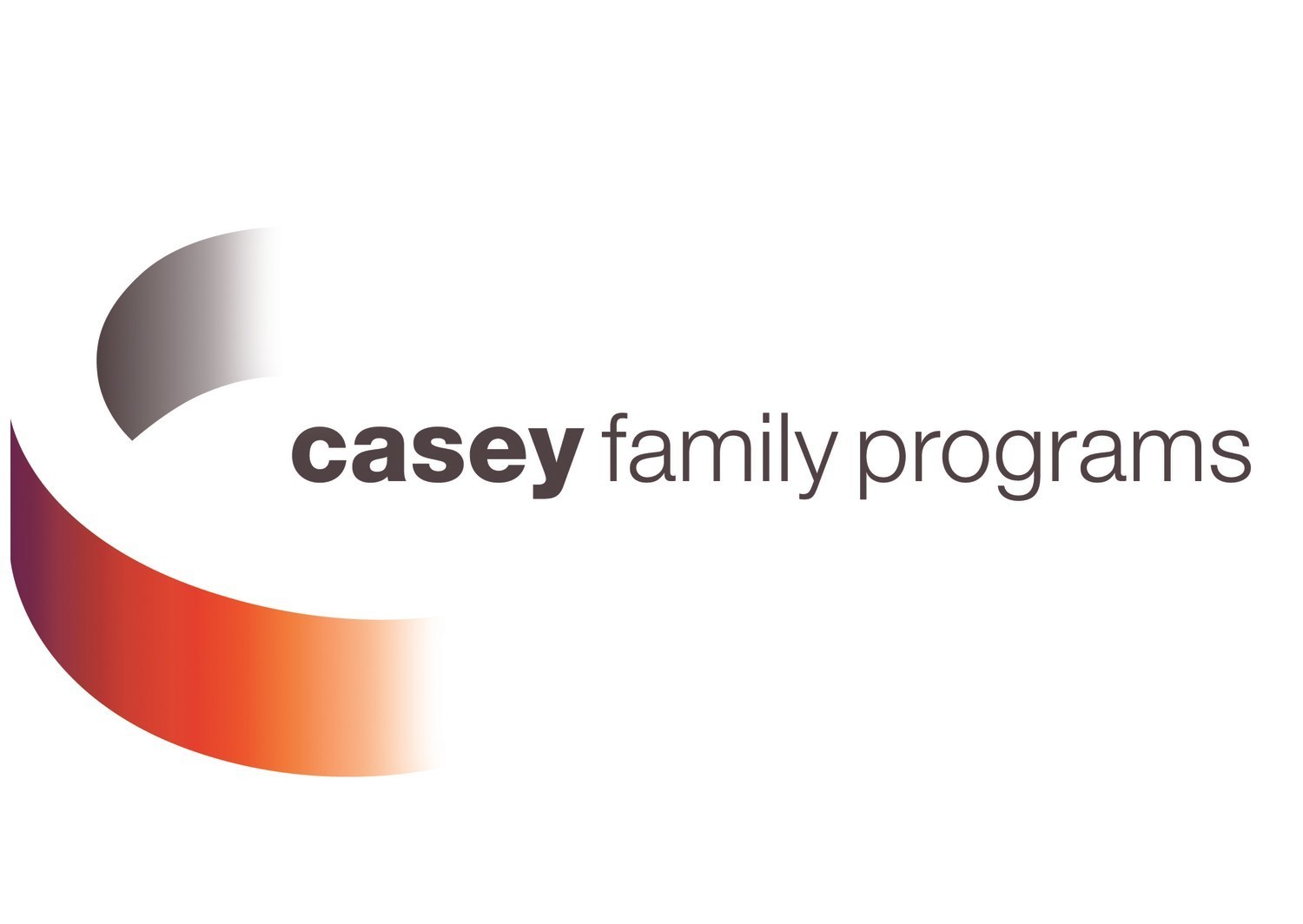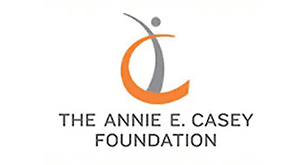CHILDREN WITH SPECIAL HEALTH CARE NEEDS In 2019–2020, 19% of kids living in the United States — more than 14 million children total — had special health care needs, according to a 2022 summary of the Maternal and Child Health Bureau’s National Survey of Children’s Health. Children within … Read More
Foster Care

Restrictions on Food Stamps Will Be Lifted For Former Foster Youth
In a rare mention of foster youth during a White House briefing in May, a spokesperson for President Joe Biden made the case for easing the daily struggles of young adults aging out of the U.S. foster care system. New … Read More

Adoption and Guardianship for Children in Kinship Foster Care
Generations United with support from the Dave Thomas Foundation for Adoption, created the following brief, national comparison chart, and state-specific charts that focus on adoption and guardianship for children in kinship foster care so that these children can exit foster … Read More

Race, Poverty, and Foster Care Placement in the United States: Longitudinal and Cross-Sectional Perspectives
Abstract Although the connections between race, poverty, and foster care placement seem obvious, the link has not in fact been studied extensively. To address this gap, we view poverty and placement through longitudinal and cross-sectional lenses to more accurately capture … Read More

Adoption Triad: Developmental Trauma and Sensory Processing Challenges
Developmental Trauma and Sensory Processing Challenges Sensory experience helps shape neural connections and readies areas of the brain that regulate emotions. During the earliest years of life, a child needs a safe, predictable, and loving environment and caregivers for their … Read More

Adoption and Guardianship for Children in Kinship Foster Care
The laws dictating how adoption and guardianship are granted, by which court, and what those options entail are developed at the state and tribal levels, so the intricacies for obtaining these legal relationships differ. The Brief The brief provides general … Read More

Protecting the Rights and Providing Appropriate Services to LGBTQIA2S+ Youth in Out-of-Home Care
Research indicates that youth who identify as LGBTQIA2S+ (lesbian, gay, bisexual, transgender, questioning, intersex, asexual, Two-Spirit, or other gender or sexual identity) have more negative experiences and outcomes when they enter out of home care than non-LGBTQIA2S+ youth. Studies have … Read More

Adoption Triad: Tribal Customary Adoption
Tribal Customary Adoption Tribal customary adoption is a cultural practice within Indigenous communities that aims to ensure a child is taken care of when there is a parental death or inability to provide care. This practice offers children stability and … Read More

Thriving Families Safer Children Supportive Communities
Today in America, some 377,000 children are living in foster care, each child removed from their home, family and the network of caregivers, educators and other caring adults in their lives. This staggering number is also a measure of how we as a nation are faring in our responsibility to ensure that every child in every community has the opportunity to grow up in their own family connected to the people, places and cultures that will help them thrive. This report shares examples of how communities are actively partnering with families to build the foundation of a better approach, how they are using new tools and approaches to better address the needs of families and children, and how they are investing effectively to ensure thriving families, safer children and supportive communities. Engaging effectively with lived experiences. The growing movement of Thriving Families, Safer Children Broadening our lens from a focus solely on child protection to one of child and family well-being will require more than just improving our current approach to investigating and addressing maltreatment. It will require designing and building a new approach, one that draws on the commitment and talents of people across all five sectors of society: government, business, philanthropic, nonprofit and faithbased, and, critically, the families and children themselves. The voices of those children and families, especially those whose lives have been shaped by their involvement with the child welfare system, have too often been left out of the discussions about how communities can improve, and ultimately transform, their approach to child and family well-being. That is beginning to change. More and more, the voices of young adults who experienced foster care and the parents and families who overcame challenges and obstacles to stay connected to and raise their children are not only being heard in the discussion, they are being valued. They are moving into leadership positions to help other children and families draw on resilience, hope and support to heal and move forward toward a better future. Read More

Aged Out How We’re Failing Youth Transitioning Out of Foster Care
Introduction Think of Us has been focused since its founding on improving the life outcomes of transition-age youth and youth who age out of foster care. In 2019, Think of Us formed a research team to investigate: Why do poor … Read More

